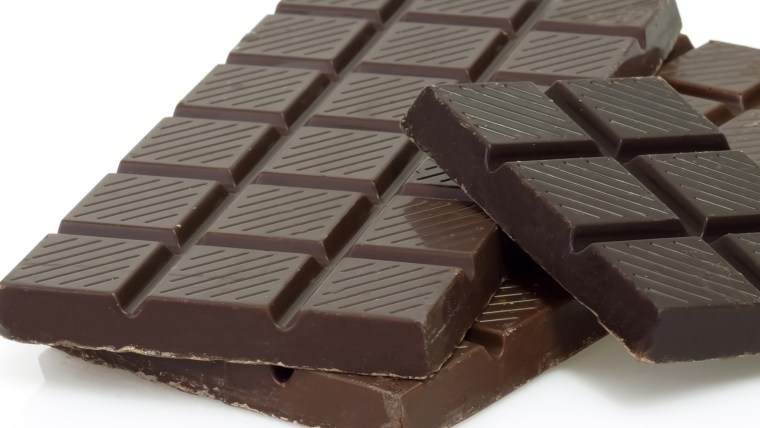Does the idea that drinking red wine and eating chocolate can promote better health and help you live longer sound too good to be true? According to a new report, it just might be.
Some studies in laboratory animals and cells have suggested that consumption of resveratrol — part of the family of polyphenol antioxidants found in foods like grapes, chocolate, wine, and apples — can promote longevity and reduce health risks like cancer and cardiovascular disease. The data are mixed in human studies, but it’s been one factor cited to help explain why a Mediterranean diet—and drinking red wine — seem to promote health.
The study out Monday in JAMA Internal Medicine focused on a group of 1,155 randomly selected men and women age 65 and older in two small towns in the Tuscany region of Italy. The group was studied for nine years, during which lifestyle assessments were self-reported three times, along with medical evaluation and urine sampling. Less than 1 percent of participants reported taking any type of dietary supplements.
Using resveratrol measures in urine as a reflection of dietary resveratrol intake from food sources, (including red wine, chocolate, fruits and berries) the study group was put into four groups, from the highest to lowest self-reported dietary resveratrol intake.
During the nine years of follow up, 34.2 percent percent of the participants died. There were no significant differences in the percentage of people dying among any of the resveratrol intake groups. There were also no clear differences in markers of cellular inflammation, or the rate of cardiovascular disease and cancer development among people across all resveratrol groups. Statistical analyses adjusted for age, sex, BMI, chronic diseases, and other variables.
These data suggest that the “health halo” of dietary sources of resveratrol may not be justified — they do not appear to impact health risk or longevity. There are many ways to be a healthy eater, so if you enjoy a glass of red wine and a piece of dark chocolate, continue to enjoy it — in moderation. But these data argue against adding red wine or chocolate to a diet for health reasons alone.
And while resveratrol supplements are touted to promote a myriad of health benefits, conflicting data in both animals and humans about direct health impact, along with lack of data of long term, high-dose supplementation, strongly suggest that consumers take a closer look. As with other food components translated to a supplement form in much higher amounts than ever naturally seen by the body, more may not always be better.
